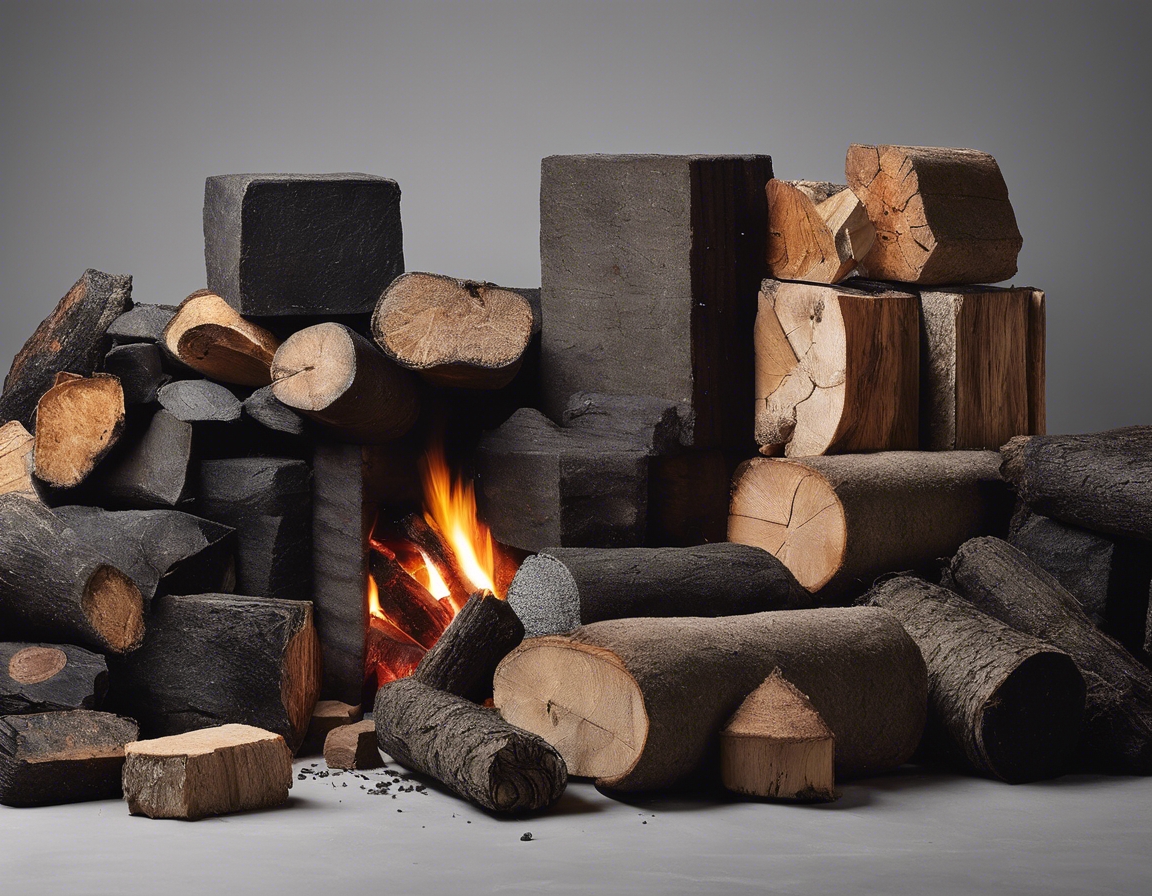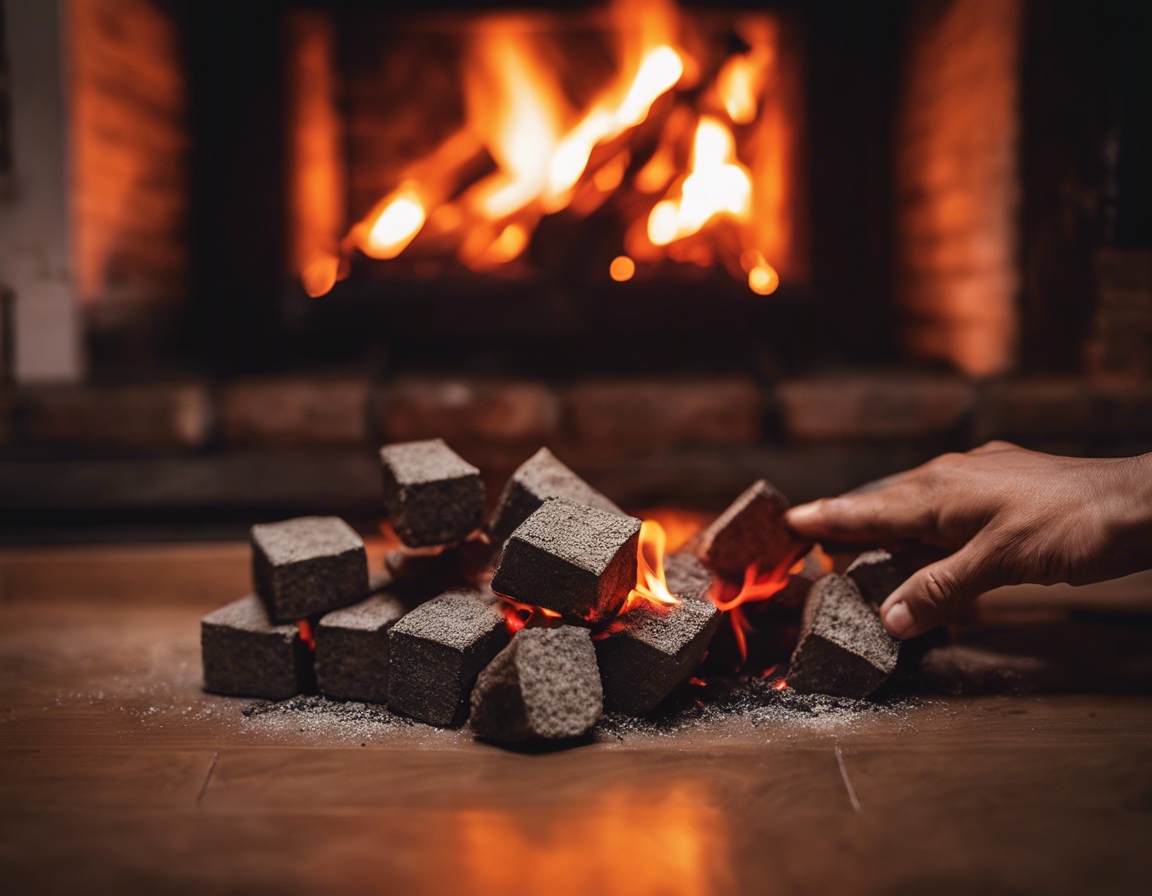The environmental benefits of wood briquettes
Wood briquettes are a type of solid fuel made from compressed dry wood particles, such as sawdust and wood shavings. They are a byproduct of the woodworking industry, which means they are made from materials that would otherwise go to waste. Wood briquettes are known for their high density and low moisture content, making them an efficient and clean-burning source of heat.
Unlike traditional firewood, wood briquettes have a uniform shape and size, which allows for better combustion control and a more consistent heat output. They also take up less storage space and are easier to handle, making them a convenient option for many homeowners and businesses.
The Environmental Impact of Heating Solutions
Heating is a significant contributor to household carbon emissions. The choice of fuel and technology can greatly affect the environmental impact of heating. Wood briquettes offer a more sustainable alternative to fossil fuels, as they are carbon-neutral and release significantly less CO2 when burned.
As the world seeks to reduce greenhouse gas emissions, sustainable fuel sources like wood briquettes are becoming increasingly important. They provide a viable solution for reducing the environmental impact of heating without compromising on warmth and comfort.
Advantages of Wood Briquettes
Wood briquettes are made from renewable resources. The trees that provide the raw materials for briquettes can be replanted, ensuring a continuous cycle of growth and harvest without depleting natural resources.
When compared to coal and other fossil fuels, wood briquettes produce significantly lower levels of emissions. This includes a reduction in particulate matter and other pollutants that can harm air quality and public health.
Wood briquettes have a high energy content, which means they burn hotter and longer than traditional firewood. This efficiency translates to cost savings, as less fuel is required to produce the same amount of heat.
By utilizing wood waste from the timber industry, wood briquettes contribute to a circular economy where waste products are repurposed into valuable commodities. This not only reduces landfill waste but also maximizes the utility of harvested wood.
Wood Briquettes and Forest Management
Responsible wood briquette manufacturers, like LEILI BRIKETT OÜ, source their raw materials from sustainably managed forests. This ensures that the production of wood briquettes does not contribute to deforestation and maintains biodiversity.
By choosing wood briquettes, consumers support local industries and economies. The production of wood briquettes often involves local labor and resources, which helps to create jobs and sustain communities.
How Wood Briquettes Contribute to a Greener Future
Wood briquettes are part of the movement towards renewable energy sources. By replacing fossil fuels with wood briquettes, we can decrease our dependence on non-renewable resources and move towards a more sustainable energy future.
When consumers opt for wood briquettes, they make a conscious decision to reduce their environmental impact. This choice can inspire others to consider eco-friendly alternatives, creating a ripple effect that benefits the planet.






Comments (0)